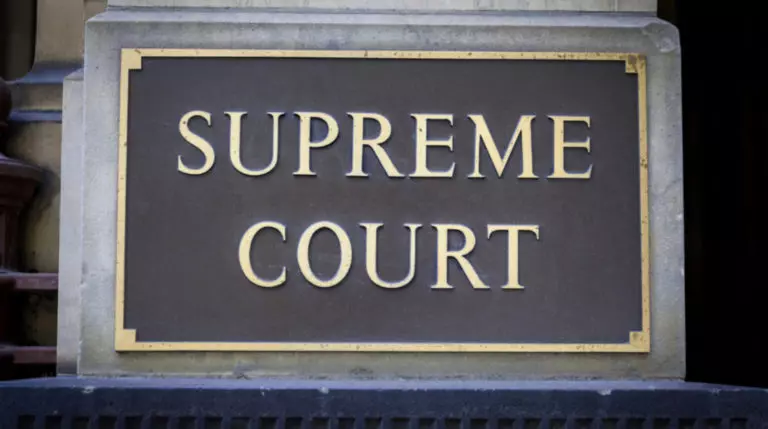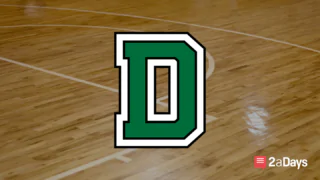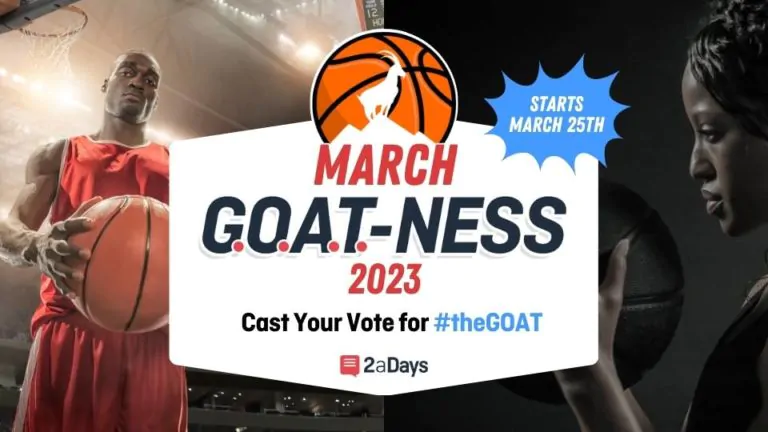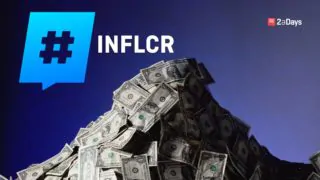What is the case about and why is it in the news?
NCAA v. Alston is not about name, image, and likeness (NIL) rights, athletic compensation, or athletic employment. The case questions whether or not the NCAA's capping of educationally-related benefits is a violation of antitrust laws. These laws exist to prevent businesses from engaging in practices that restrict free trade, like price fixing and monopolizing, and by capping benefits, Alston argues that the NCAA violates these standards by restraining trade. The NCAA retorts that maintaining its standards of amateurism is essential to its business model, and argues that lifting the caps would allow boosters to give unlimited “gifts” to athletes as a thinly-veiled pay-for-play model. So the NCAA argues, for instance, that if the caps are lifted, a booster could potentially donate a grand piano to a star quarterback to help him in Music Theory 101 instead of outright giving him a gift as an incentive to play for his team. On Wednesday, March 31st, the Supreme Court heard oral arguments from both sides, and will likely deliver a final ruling in late spring or early summer.
What are the main arguments?
- Amateurism sets the NCAA apart
The biggest argument the NCAA makes in defense of amateurism is that amateurism sets the NCAA apart from other sports organizations, but it's a misleading argument for two reasons. First, the NCAA is not an amateur sports organization, it's a big business. Justice Thomas mentioned this in the hearing when he said “it just strikes me as odd that the coaches' salaries have ballooned and they're in the amateur ranks, as are the players.” The NCAA's lead attorney, Seth Waxman, replied that coaches are “professionals,” while college athletes are “amateurs,” but this isn't really how college sports work today. Collegiate athletics mirror professional athletics in many ways (e.g. athletic time demands, training intensity, constant competition, rampant commercialization) and although only a sliver of college athletes go pro, the NCAA is an essential stepping stone for many of them to get there. So the “amateur” college football players who declare for the draft as seniors are really closer to professional football players wearing college uniforms—their athletic skills don't just throttle from “amateur level” to “professional grade” overnight. They're basically professionals already, as are “one-and-done” basketball players and the Olympic-caliber college athletes who participate at both levels at the same time.
There's also an argument attached to this argument that goes: “people won't watch college sports if athletes are paid” (again, NCAA v. Alston isn't about paying athletes, but an extension of amateurism repeal could involve athletic compensation, so it always gets brought up in these contexts). Essentially, the NCAA is contending that amateurism is an essential component of its business because it believes the industry would crumble if college sports become professionalized. However, there aren't any substantial statistics to back up these claims, and polls show that public opinion is leaning toward allowing college athletes to earn money through NIL endorsements. It's never been significantly proven that viewers only watch college sports on the condition that college athletes are “amateurs,” especially when college athletes are arguably closer to professional status than the NCAA likes to admit.
- Amateurism promotes competitive balance in college sports
The NCAA argued repeatedly that amateurism is pro-competitive, meaning that the NCAA's enforcement of amateurism promotes competition in collegiate athletics, but any college football fan knows this isn't true—competitive balance in college sports is skewed toward Power Five schools. Since the College Football Playoff format was adopted in 2014, no Group of Five school has ever won a national championship, and the BCS era never saw a Group of Five champion, either. This year's national champion, the University of Alabama, has also won six national championships in a twelve-year span, meaning that a single school is likely to win a title 50% of the time! This happens under the NCAA's current, amateurism-friendly structure, so we know that amateurism doesn't actually foster fair competition in college sports.
- “Pay-for-play” would ruin college sports
Alston v. NCAA isn't about athletic compensation, but this argument is still worth addressing. Any time someone says that social change will categorically “ruin” something, whether it be an industry, an institution, or an oppressive way of living, be alert. This apocalyptic rhetoric pops up any time major changes are presented to institutions. For instance, we heard talk of Title IX “ruining college sports” before it became law, and people commonly thought that free agency would “ruin” leagues like the NFL, MLB, and the NBA. History repeatedly proves that these scenarios are unlikely. Title IX hasn't taken anything away from male athletes, and has provided women more opportunities in collegiate athletics, and professional sports remain popular decades after their leagues allowed free agency. The NCAA also allows limited compensation to athletes already, in the form of scholarships, benefits, per diem, gear, and gifts, which again, brings its “amateur” label into question.
For now, it's up to the courts to weigh in. Follow 2aDays to stay informed.
Katie Lever isn't a lawyer, but she's a former D1 athlete and current doctoral student at the University of Texas at Austin where she studies NCAA discourse. Follow her on Twitter to keep up with the NCAA: @leverfever
* Originally published on April 5, 2021, by Katie Lever, Ph. D







